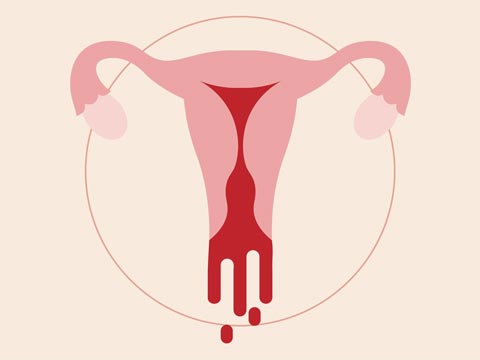Heavy menstrual bleeding (also known as menorrhagia) refers to menstrual periods that are excessively heavy, prolonged, or both. Several factors can cause this condition, ranging from hormonal imbalances to underlying health issues. Here are some common causes of heavy menstrual bleeding:
1. Hormonal Imbalances
Estrogen and Progesterone Imbalance: An imbalance between estrogen and progesterone can lead to abnormal thickening of the uterine lining (endometrium), resulting in heavy or prolonged periods. This is common during adolescence or perimenopause when hormone levels fluctuate.
Polycystic Ovary Syndrome (PCOS): Women with PCOS often experience irregular ovulation, which can lead to an imbalance in hormone levels and heavy bleeding.
Thyroid Disorders: Both hypothyroidism (underactive thyroid) and hyperthyroidism (overactive thyroid) can lead to menstrual irregularities, including heavy bleeding.
2. Uterine Fibroids
Fibroids are non-cancerous growths in the uterus that can cause heavy and prolonged menstrual bleeding, as well as pelvic pain or pressure. They are particularly
